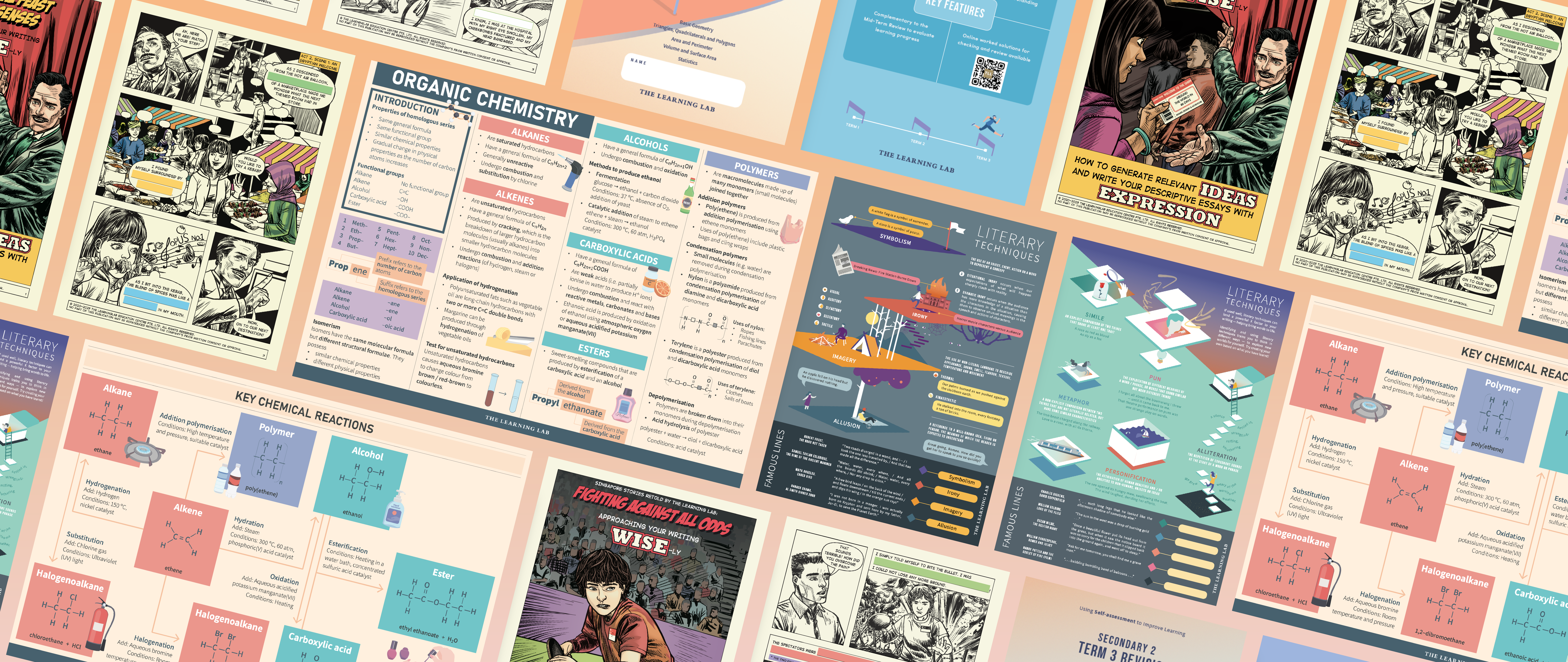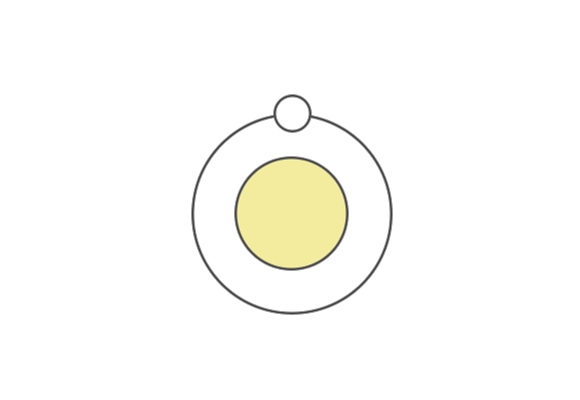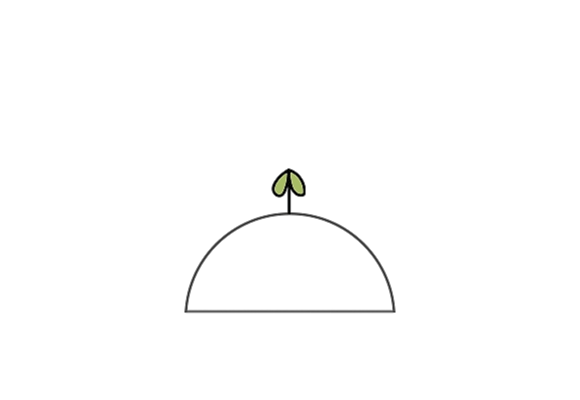Secondary 3 Integrated Programme (IP)

Explore New Frontiers
of Knowledge

Explore New Frontiers
of Knowledge
As students transition into upper secondary, they face a broader range of subjects with more complex and in-depth content. To help them manage the increased academic demands, our Year 3 programmes offer tailored lessons and activities designed to sharpen critical thinking skills. Lessons focus on key concepts, topics, and texts that equip students with the analytical tools needed for academic success.


English
Lesson Duration: 2 hrs
Class Size: 13 students
At the third-year mark of the IP, students will develop skills to approach global and complex issues from multiple perspectives, form their own opinions and apply these skills to their tasks in school. This set of skills will pave the way for higher-level arguments and discussions that will develop their evaluative skills to determine for themselves if their views can be backed up with evidence and conviction.
Students will be exposed to various thematic texts to further build their general knowledge and perspectives so that they can be guided to write or present their views logically and precisely. By analysing the world of media around them, students will also learn to be a more discerning reader and viewer.
View Programme Outline
Content Mastery
Students in the Year 3 Integrated Programme will:
- understand and unpack writers’ intended meaning or messaging through exposure to world-renowned publications and audio/visual media
- approach any content that they encounter critically and by exploring ways to gain deeper contextual understanding
- explore critical thinking passages that help build on general knowledge
- evaluate what makes a sound argument or convincing viewpoint when analysing issues with varying perspectives
This comprehensive approach aims to help students gain a global perspective, enhance their general knowledge, and improve their competence in tackling school assessments.
Skills and Techniques
The skills and techniques taught will help students to:
- engage in robust discussions that require them to support their viewpoints and arguments with strong and compelling evidence
- present their ideas in a fluent and persuasive manner for oral presentations
- improve comprehension skills by applying critical reading strategies and making sound inferences on authorial intent
- tackle complex passages that require critical thinking skills
- bolster their essays with descriptive language and construct cogent responses to fulfil question requirements for writing
- write convincing essays where claims are supported with appropriate evidence

Integrated Mathematics
Lesson Duration: 2 hrs
Class Size: 13 students
Our Year 3 IP Mathematics programme focuses on deepening students' understanding of advanced mathematical concepts and preparing them for academic success. Our comprehensive notes, tutorials and practice tests ensure mastery of both basic and advanced topics, enabling students to excel in examinations. By fostering a deep understanding of mathematical concepts, we empower students to tackle complex problems and lay a strong foundation for their future academic pursuits.
View Programme Outline
Content Mastery
Students will pick up new concepts in Geometry such as finding the equation of a circle, linearising non-linear equations and calculating the area of a rectilinear figure in a coordinate plane.
They will also strengthen their algebraic skills by learning new Algebra topics, such as Quadratic Inequalities, Surds, Polynomials, Partial Fractions, Binomial Theorem and Exponential and Logarithmic Functions.
In addition, they will dive deeper into Trigonometry by learning the six trigonometric ratios and using trigonometric functions and graphs to model real-life scenarios.
Upon grasping the new concepts of trigonometric identities, the addition formula, the double-angle formula, and the R formula, students can use them to simplify and solve trigonometric equations.
Skills and Techniques
Students will hone their skills in manipulating symbolic representations of quadratic, cubic, exponential, logarithmic and trigonometric functions.
Using identities and formulae, they can prove two trigonometric expressions are identical. They will also extend their ability to visualise and represent curves and circles defined by functions.
Ultimately, students will acquire the analytical skills to make inferences, draw logical conclusions and evaluate solutions for questions in real-world contexts.

Biology
Lesson Duration: 2 hrs
Class Size: 13 students
Our Year 3 IP Biology programme is designed to equip students with a grasp of conceptual understanding and analytical skills, paving a solid foundation in Biology. Students will delve deeper into Cells and the Chemistry of Life, and the molecular intricacies and functions of the human body and plant systems.
Students will learn key topics such as Nutrition and Transport in Humans, Respiration in Humans (including advanced concepts such as the Krebs cycle), Excretion in Humans, Homeostasis, Co-ordination and Response in Humans, Nutrition (including advanced concepts such as the Calvin cycle) and Transport in Flowering Plants. Through our engaging lessons, hands-on experiments and application-based questions, students develop a love of biology and are equipped with critical thinking and inquiry skills.
View Programme Outline
Content Mastery
Students will revisit lower secondary biology topics in greater depth such as Nutrition and Transport in Humans. They will also learn new concepts like Respiration, Excretion and Homeostasis.
Skills and Techniques
Students will pick up strategies for memory retention, visualisation, application and analysis. They will also improve their laboratory techniques with more practice, ensuring the safe execution of experiments. To answer open-ended questions, students will learn to phrase their answers using scientific language and present them in a structured and coherent manner.

Chemistry
Lesson Duration: 2 hrs
Class Size: 13 students
Our Year 3 IP Chemistry programme is designed to provide students with a strong foundation in conceptual understanding, practical skills and real-life applications of Chemistry.
Students will learn key topics such as Atomic Structure (including advanced concepts such as Atomic Orbitals and VSEPR theory), Mole Concept and Stoichiometry and Qualitative Analysis through our engaging lessons, hands-on experiments and a comprehensive range of curriculum materials. Our curriculum will provide opportunities for students to develop critical thinking and inquiry skills through exposure to data-based questions and real world context problems.
VSEPR = valence shell electron pair repulsion
**We also offer classes for specific IP schools to ensure alignment with students' curriculum:
- Raffles Girls’ School
View Programme Outline
Content Mastery
Students will revisit chemistry topics from lower secondary, such as Atomic Structure and Kinetic Particle Theory, to reinforce their understanding. They will also stretch their chemistry knowledge with new concepts and techniques, such as Mole Concept and Stoichiometry, Oxidation and Reduction, and Qualitative Analysis.
Skills and Techniques
Students will learn to harness chemistry knowledge acquired in the lower secondary levels to tackle higher-order questions in new topics. They will also develop critical thinking skills and question analysis techniques through exposure to data-based and application questions. In addition, students will hone their experimental skills and laboratory techniques with more hands-on experiments such as titration.

Physics
Lesson Duration: 2 hrs
Class Size: 13 students
Our Year 3 IP Physics programme is designed to equip students with the requisite knowledge and skills for a strong foundation in Physics. Students will learn concepts within and across the sub-disciplines of Waves, Thermal Physics and Mechanics (including advanced concepts like equations of motion), through our engaging lessons, hands-on experiments and application-based questions.
Our lessons will enhance students' understanding of energy, matter and their interrelationships. By relating scientific principles to real-world scenarios, our curriculum will also develop students' critical thinking and inquiry skills.
View Programme Outline
Content Mastery
Students will learn new topics such as Kinematics, Thermal Properties of Matter, General Wave Properties and Electromagnetic Spectrum.
Skills and Techniques
Students will carry out hands-on experiments involving pendulums and refractions to build experimental skills like data tabulation and graph drawing. They will also develop critical thinking and question analysis skills through data-based and application questions. Additionally, they will learn to choose the appropriate answering techniques to structure and present answers, whether for open-ended calculation or for explanation questions.

Hear What They Say About TLL
Because the difference we make is why we do what we do.
Denise Lai
"A determined and kind teacher who never gave up on her students, Ms Shu truly inspired me and all my classmates to work harder and never give up. Without any expectation of recognition, Ms Shu has been our light when we were shrouded in darkness.
I can confidently say that Ms Shu is definitely the best teacher that I have ever met, and I believe that most of my success can be credited to her and TLL.
Once again, I would like to express my gratitude to TLL and my teachers for never giving up on me. Without them, I would never dare to dream of where I am today, and I would never have achieved the results I have today."
Clarence Cheong
"My journey at The Learning Lab through these 9 years has been particularly phenomenal - it has inspired and guided me in preparing solidly for the future. To find success in what you're striving towards, first find joy in it. To me, The Learning Lab's approach to education can be surmised as an irresistible combination of enriching material and passionate teachers. They were inspiring and knowledgeable, delivering a quality of education that I simply could not find elsewhere.
Till this date, I still remember my visceral disappointment when I realized I would miss a Math lesson due to a family holiday, as my teacher had promised to apply geometry and spatial concepts to show us the unimaginable - how to create a hole on a piece of A4 paper large enough for us to walk through.
It is hence this compelling combination that first showed me that learning could be fun, and filled me with palpable excitement whenever I learnt something new that stretched me beyond my peers. Whether it was the intensive exam preparations or the thorough content lectures, it has supported my academic growth and allowed me to achieve my personal bests."
James Lim Chiu Yang
"What sets The Learning Lab apart from the rest is none other than the content and unique programmes delivered. My teachers saw me through the stressful PSLE year and was a pivotal factor in helping me achieve an A* and A for Math and Science respectively.
The hands-on experiments we did during our Science lessons, for example the construction of circuit boards and periscopes, allowed me to understand complex concepts from a refreshing perspective. Gradually, I began looking forward to The Learning Lab lessons as they became the highlight of my week. For English, my teacher had definitely helped me build a strong foundation in grammar and sowed the seeds for the development of my vocabulary. This was facilitated through the secret notebook, (known fondly as the ‘SNB’) where we had to build up our vocabulary bank by recording new words we learnt that week and were subsequently encouraged to use them in our writing so that these words can be transferred from paper to memory. Spending an entire decade at this established institution, I can’t help but recommend it to anyone who’s overwhelmed by the sheer number of choices of tuition programmes these days."
